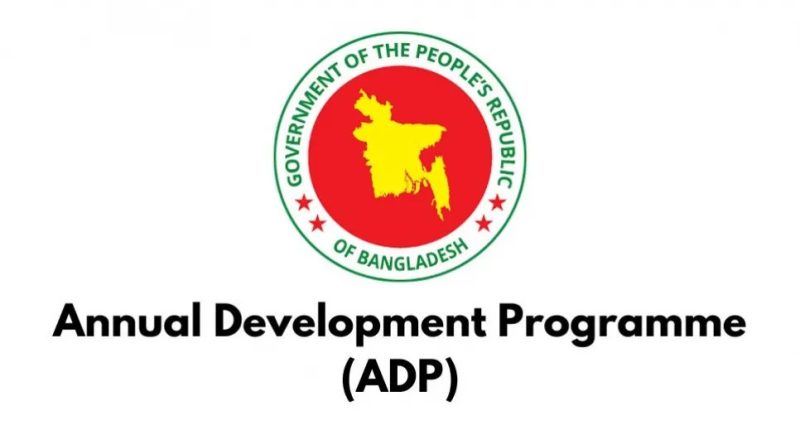Dhaka, July 24: Bangladesh’s development spending has plunged to its lowest level since 1976–77, with just 68% of the revised Annual Development Programme (ADP) implemented in FY2024–25, reflecting deep-rooted structural inefficiencies and political uncertainty.
According to the Implementation Monitoring and Evaluation Division (IMED), only Tk 1,53,452 crore was spent out of the revised allocation of Tk 2,26,165 crore—a sharp drop from the original outlay of Tk 2,78,288 crore.
This marks the worst ADP implementation rate in post-independence Bangladesh, surpassing the previous low of 80% in FY2019–20, recorded during the COVID-19 outbreak.
Economists Alarmed by Sectoral Imbalance
“The 67.85% implementation rate signals a disturbing shift in development priorities,” said Dr Mustafizur Rahman, distinguished fellow at the Centre for Policy Dialogue (CPD). “Even during the pandemic, execution remained higher. What we see now is more structural than circumstantial.”
Rahman highlighted the stark contrast in sectoral performance:
- Power Division: 98% execution
- Health Services Division: 21%
- Primary Education: ~15%
“These are foundational sectors, essential for inclusive growth. Their marginalisation is deeply concerning,” he said.
He acknowledged fiscal pressures and cost-cutting, but warned against sacrificing core services:
“Health and education must be treated as strategic pillars—not expendable costs.”
Political Transition, Bureaucratic Paralysis Blamed
Dr Zahid Hussain, former lead economist at the World Bank, cited political transition delays, project vetting inefficiencies, and revenue shortfalls as key reasons behind the poor performance.
“Almost no work happened in July and August. Routine operations were disrupted due to administrative reorganisation,” he noted.
He criticised the continuation of the previous government’s ADP without proper review, adding, “The promised reassessment of mega and politically sensitive projects itself delayed implementation.”
The government’s decision to slash its market borrowing target from Tk 1.35 trillion to Tk 900 billion to contain inflation also reduced fiscal space for development spending, he added.
Systemic Dysfunction in Focus
Dr Selim Raihan, executive director of SANEM, pointed to a broader governance breakdown following the July 2024 mass uprising, which led to an interim government with limited mandate.
“Bureaucrats were reluctant to push projects linked to the previous regime, fearing controversy. Political caution overtook development urgency,” he said.
He also cited the collapse of politically backed contractor networks and a lack of backup mechanisms within the bureaucracy.
“The result: stalled service delivery, rural uncertainty, and a breakdown in trust—symptoms of systemic dysfunction.”
IMED Responds
When asked, Kamal Uddin, the newly appointed IMED secretary, said he could not comment without reviewing the full report.
“I’ve just joined the division. I don’t have a clear picture yet.”






